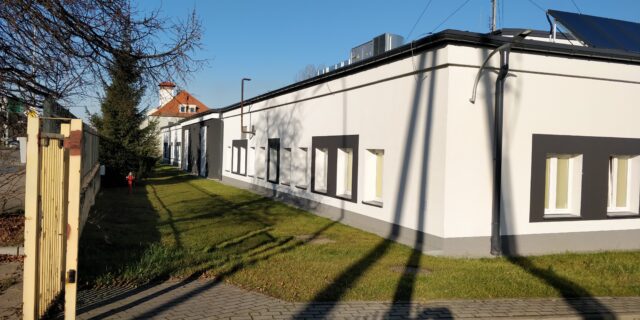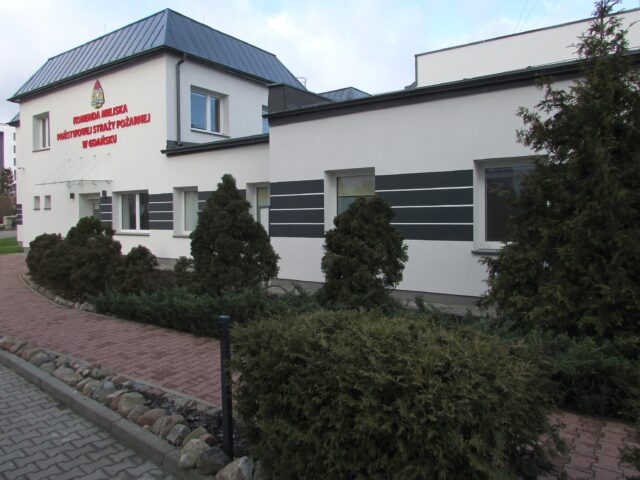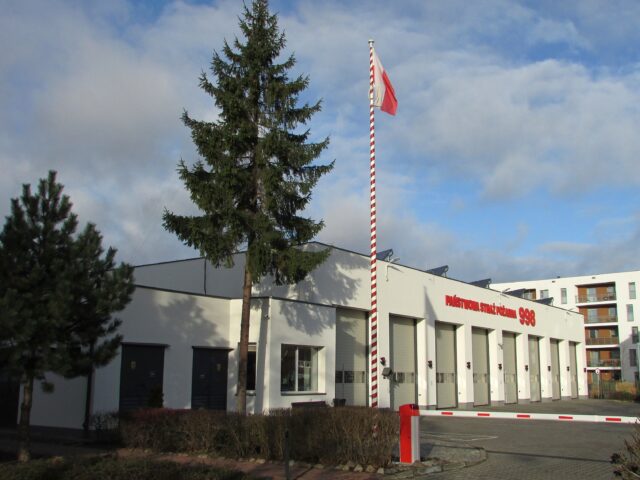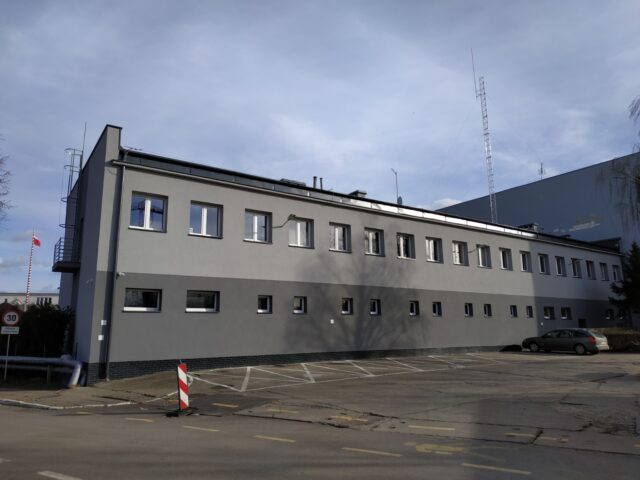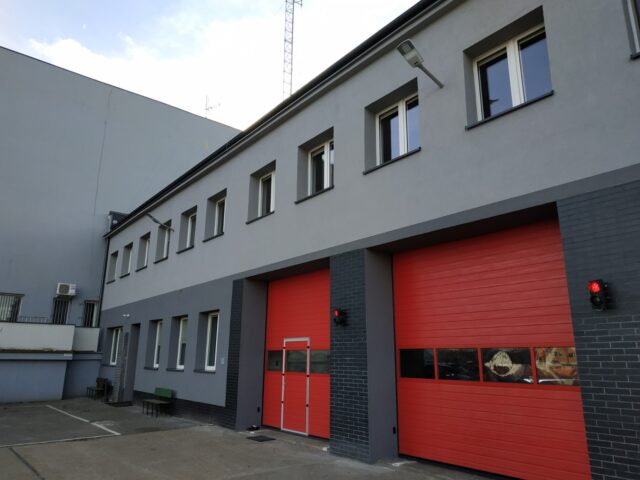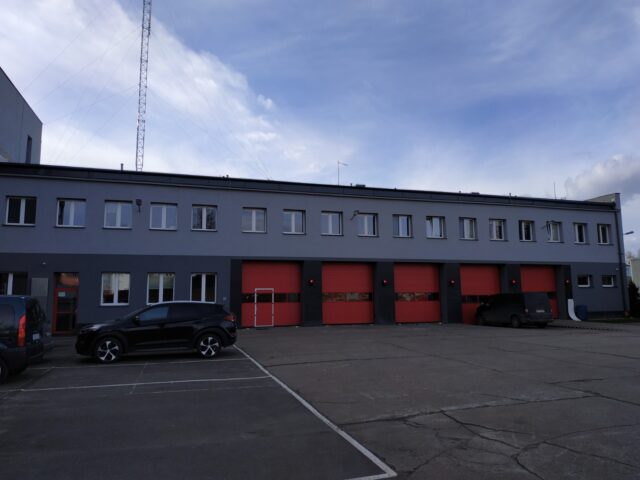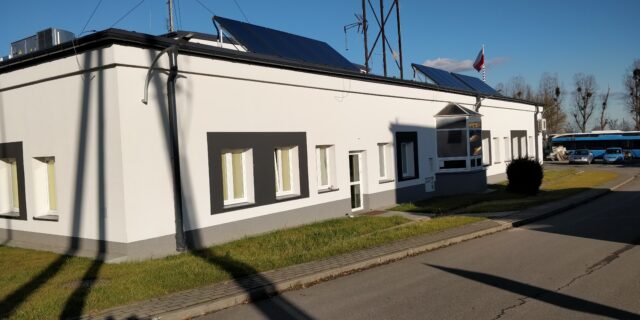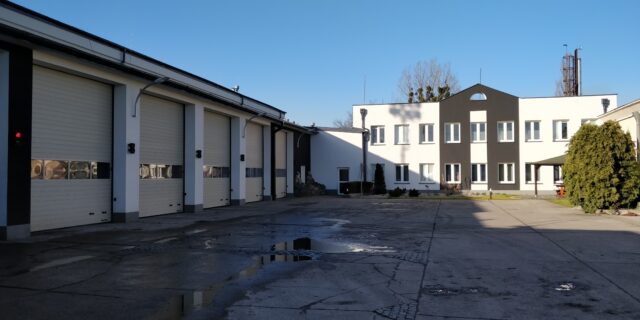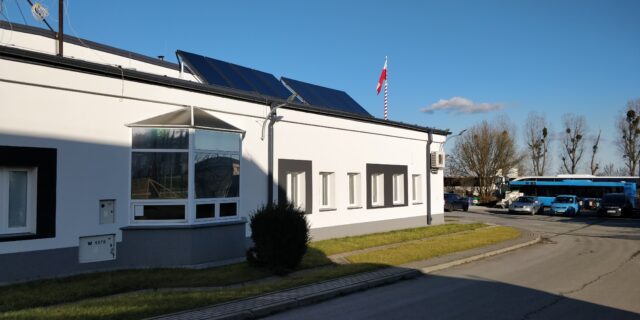Comprehensive energy-related modernisation of utility buildings belonging to the National Fires Service Municipal Station in Gdańsk
Project Information
| Project Title | Comprehensive energy-related modernisation of utility buildings belonging to the National Fires Service Municipal Station in Gdańsk |
|---|---|
| Beneficiary | City of Gdańsk Gmina |
| Program | Regionalny Program Operacyjny Województwa Pomorskiego na lata 2014-2020 |
| EU Funding Source | European Regional Development Fund |
| Realization Place | City of Gdańsk Gmina |
| Overall Value | 2 821 039,31 zł |
| EU Funding | 1 128 415,72 zł |
Project Description
The project consists in thermally upgrading the National Fire Service Unit Watchtowers. Implementation will contribute to decreasing heat consumption. The plans include: Insulating flat roofs, modernising ventilation, installing solar panels, replacing windows, garage doors, insulating walls, exchanging the central heating system. The scope of the works results from energy audits. The project will allow a decrease in energy consumption and air pollution,
increase the use of energy from renewable sources. All the planned activities result from the conducted energy audits. The project is submitted under the Integrated Territorial Investment mechanism.
The goal of the project is to increase the energy efficiency of the 4 buildings belonging to the National Fire Service being Rescue and Fire-Fighting Units (JRG).
All the objects are located in Gdańsk.
Object no. 1 JRG no. 1 POZE 15.5%
Object no. 2 JRG no. 3 POZE 74.9%
Object no. 3 JRG no. 4 POZE 75.2%
Object no. 4 JRG no. 5 POZE 54.1%
Other goals of the project:
Limiting emissions from individual heating systems, including closing or modernising local solid fuel boiler rooms, liquidation/modernisation high-emission solid fuel boilers and furnaces – exchanging to more effective devices
– building modernisation with a view on energy efficiency in order to limit the demand for heat and electricity. Use of energy from renewable sources.
The result of project implementation will be a decrease of heat and electricity consumption, limit heat losses, decrease of air pollution with dusts, lowering CO2 emissions. Thanks to decreasing the costs of heating and electricity consumption the firefighters’ comfort of work will increase and the costs of operations of the National Fire Service will decrease. The thermal efficiency of public buildings will increase.



